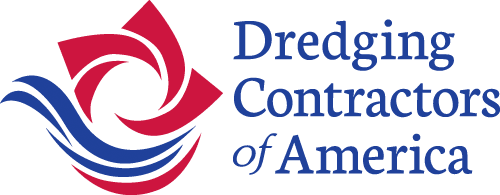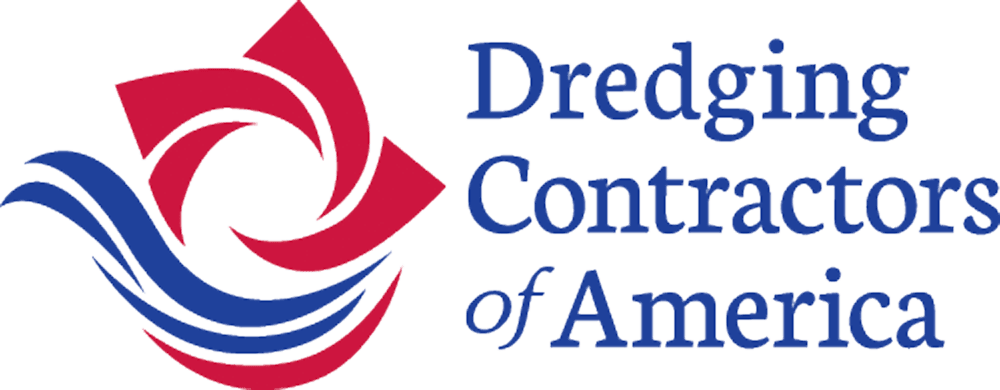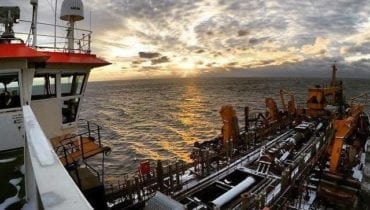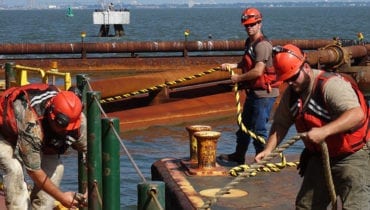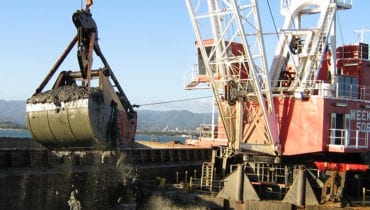Remember the massive 20,000- container ship under the Panamanian Flag that blocked the Suez last year, halting as much as $10 billion in trade per day? Well, we now have our own version of this calamity right in our backyard in the Chesapeake Bay. The Ever Forward is a Hong Kong-flagged, 11,850-container ship that is aground just south of Baltimore in the Chesapeake Bay. The vessel steered off course and ran aground on March 13th.
The Ever Forward, a vessel from the same fleet as the ship that blocked the Suez Canal. Is now mired in seabed south of Baltimore. Fortunately, it is not blocking the channel. If it had, it could delay or even halt cargoes at one of the best run and fastest-growing U.S. ports. The freeing of the Ever Forward is being managed well — and thankfully, the unsung American heroes of the maritime industry – the dredgers – are on the job working to get the ship free.
When they’re not stepping up on an emergency basis, America’s dredging companies work daily to maintain the channels and berths around the U.S. which allow cargo vessels to load, unload, and head back to sea keeping the global supply chain moving. The work goes on largely unseen and unappreciated; they are unsung heroes working to ensure an efficient supply chain.
US dredging companies are also 100% American. As mandated by the Jones Act and its subset Foreign Dredging Act– a series of maritime laws – these dredging vessels must be American-made, American-owned, and crewed by American mariners. The Jones Act mandate is essential to our nation’s economic and national security. It helps support a U.S. maritime industrial base, and 650,000 US Jobs. It also ensures adequate work for U.S. shipbuilders and repair facilities whose workers possess irreplaceable skills supporting U.S. defense needs.
Nearly all the global maritime industry is dominated by foreign-owned operators, some of them state-controlled, and built by overseas shipbuilders who benefit from billions of dollars of direct foreign government subsidies. If the Jones Act were repealed, the U.S. maritime industry, including the dredgers, would be swamped by foreign operators who could undercut them on cost due to these subsidies and by paying lower wages and avoiding U.S. labor and tax regulations.
Thankfully the U.S. dredging fleet is strong and growing. That’s why they were able to act immediately to help free the Ever Forward. Even during the worst of our supply chain woes, not a single delay was due to a lack of dredging capacity. U.S. dredging companies have recently invested more than $2 billion in the dredging fleet capacity—all privately funded—to ensure it is ready to meet demand. By working together with the U.S. Army Corps of Engineers, America’s waterways are fully open and ready for business.
The U.S. dredging fleet is the reason why very large cargo ships can move safely in and out of America’s ports, ensuring the global supply chain keeps moving. This fleet also protects our economic and national security. The grounding of the Ever Forward may be a navigational or mechanical failure, but its freeing will be yet another American Maritime success story thanks to the U.S. Jones Act dredging fleet.

